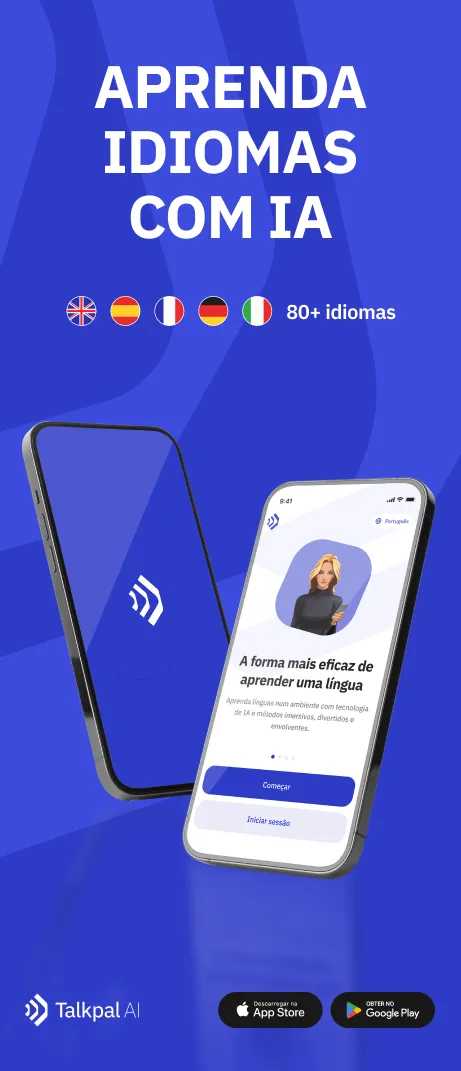Cada uma das próximas seções contém exercícios cuidadosamente elaborados para ajudar você a entender melhor como e quando utilizar as Future Time Clauses na língua inglesa. Ao preencher as lacunas, você terá a chance de praticar e reforçar seu conhecimento. Lembre-se de usar o tempo verbal correto e as conjunções apropriadas para cada caso.
Exercício 1: Completar as sentenças com a forma correta do verbo no futuro
I will call you as soon as I *arrive* (arrive) at the airport.
We won’t be able to start the meeting until everyone *has* (has) arrived.
She is going to study all night unless she *feels* (feels) too tired.
You can go out to play football provided that you *finish* (finish) your homework.
As soon as the rain *stops* (stops), we’ll go for a walk.
He will not buy a new car unless he *saves* (saves) enough money.
I’ll text you when I *get* (get) home.
They will start dinner after their parents *have* (have) come back from work.
She is going to be very upset if you *don’t* (do not) apologize.
We shall wait here until the guide *comes* (comes) back.
He will join the gym next month when he *feels* (feels) ready.
You’ll need to call him before he *leaves* (leaves) the office.
The kids will go to bed as soon as the movie *ends* (ends).
I’m going to take Spanish lessons provided that I *have* (have) enough free time.
They’ll probably move to a new house if they *find* (find) a better location.
Exercício 2: Completar as sentenças escolhendo a opção correta
By the time we get to the cinema, the film *will have* (will have) started.
I won’t make any decisions before I *have* (have) spoken to my advisor.
She’s going to be disappointed if the package *doesn’t* (does not) arrive on time.
Once you *finish* (finish) your degree, you will find many job opportunities.
Tell me as soon as you *hear* (hear) anything about the application.
You can buy that new phone as long as it *is* (is) on sale.
They’ll cancel the trip if the weather *doesn’t* (does not) improve.
I will let you know when I *have* (have) the tickets in hand.
He won’t be able to play in the match unless his injury *heals* (heals).
Before she *leaves* (leaves), she will give us all the instructions we need.
If it *starts* (starts) raining, we will have to go inside.
When you *see* (see) her, remind her about the meeting tomorrow.
They will not proceed with the plan until they *receive* (receive) the green light from the boss.
We will discuss the project as soon as our team leader *arrives* (arrives).
Unless the client *confirms* (confirms) the appointment, we won’t go to his office.










